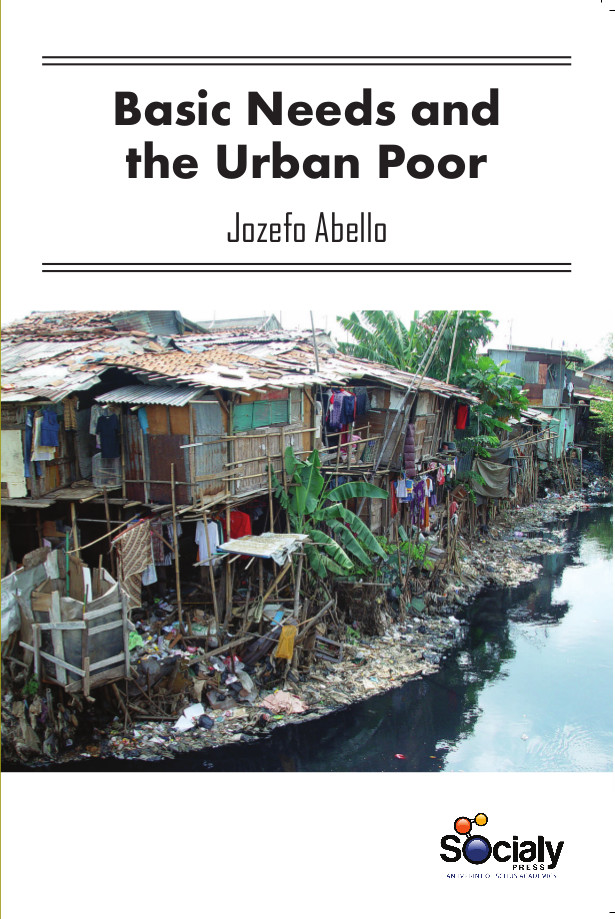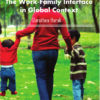There is a growing awareness of the emerging significance of urban poverty. Urban growth is a contemporary challenge. More than half of the world’s population currently lives in cities and urbanization continues to expand. With this growth, the numbers of the urban poor are increasing, particularly in developing countries. Despite their living conditions, the urban poor have a proven capacity to improve and invest in their communities. With the rising number of urban poor living in slums in developing countries, new solutions are needed to deliver basic services to these residents. While cities provide opportunities for many, city life can also present conditions of overcrowded living, inadequate access to basic services, congestion, unemployment or underemployment, lack of social and community networks, stark inequalities, crippling social problems such as crime and violence, and particular vulnerability to health problems, economic shocks, and the risks related to climate change and natural disasters, particularly for the poor. This compilation summarizes the main policies and institutional elements for urban poverty reduction, both for supporting widely shared growth with equity and for sustaining poverty-targeted measures. Scholars have argued that excessive bureaucratization, corruption, domination by vested interests etc. need not necessarily be considered an integral part of planned intervention. It is also argued that an increasing reliance on the market for basic services reduces their availability to the poor. Public agencies in the past, even when backed by subsidized funds and other concessions, were not able to reach them. The benefits of the system, therefore, often ‘trickled up’ to people in higher-income brackets. Opening up of the market for the provision of the facilities is, in fact, likely to make them more unaffordable. Urban poverty can to some extent reflect active rural–urban migration. This is because cities offer better opportunities for individuals to improve their welfare. Indeed, cities have historically served poor people as platforms for upward mobility. Efficient urban development can play a major part in combating national poverty, both by giving migrants the chance for a better life and—even more importantly, from a country perspective—by providing a marketplace where diversified industries and services become the engine of thriving national income growth.
Basic Needs and the Urban Poor: The Provision of Communal Services examines the public actions both national and local governments may take to address urban poverty, the options for program interventions, and the ways governments may reach consensus supporting the necessary decisions. This monograph also attempts to analyze the possible effects of the changes in organizational structure and policies on the access of the urban poor to basic amenities.













